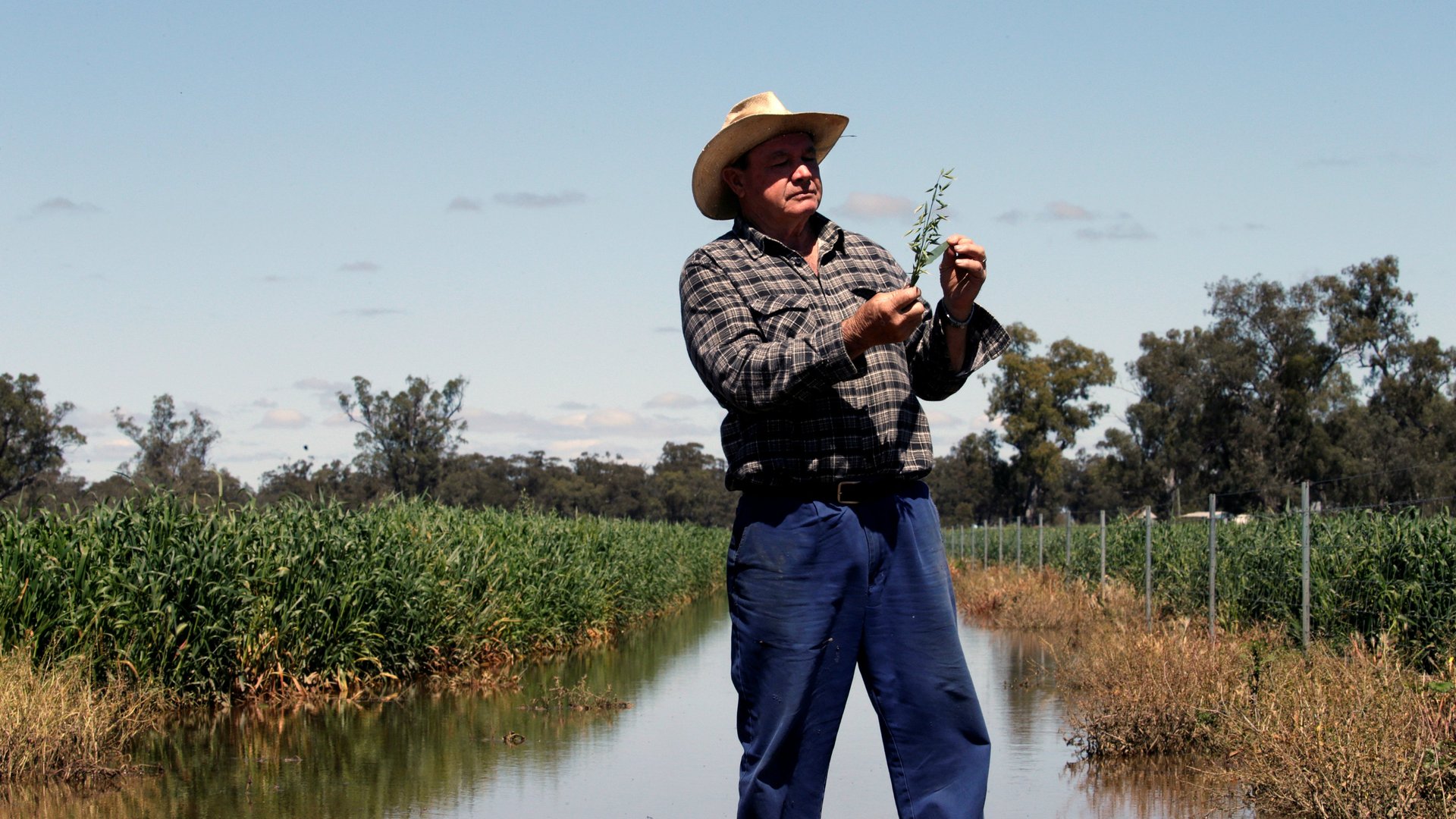Trump and Clinton don’t like Obama’s TPP trade deal, but American farmers are trying to save it
With only one month until the US presidential election and just three months until US president Barack Obama officially vacates the White House, the fate of the controversial Trans-Pacific Partnership (TPP) hangs in the balance.


With only one month until the US presidential election and just three months until US president Barack Obama officially vacates the White House, the fate of the controversial Trans-Pacific Partnership (TPP) hangs in the balance.
At stake for American farmers is a mouthwatering opportunity to tap into new Asian markets and increase food exports by more than $5 billion.
Facing down the very real possibility that they’ll lose a once-in-a-generation opportunity, farmers are leaning heavily on the White House to convince Congress to get the deal done. But with Republicans demanding changes to it, Democrats turning against it, and both of Obama’s potential successors saying they oppose it, there’s a good chance the deal won’t pass.
“Meanwhile,” says Nick Giordano, a lobbyist for the National Pork Producers Council, “other countries are out there eating our lunch.”
Room to grow
The TPP is the biggest commercial opportunity for agriculture in modern history. If Congress were to approve the trade deal, which involves a dozen countries and would lower tariffs on a wide range of goods, it would add $4.4 billion in net income for US farmers, the American Farm Bureau Federation has estimated. The extra income couldn’t come at a better time.
Better access to the hundreds of millions of consumers in those markets would make it easier for US companies to export more agricultural goods. In the last decade, US agriculture exports have been relatively flat.
And there’s plenty of product to sell. American dairy farmers are producing so much excess milk they’ve been dumping it in massive dirt pits, the US government in August bought 11 million pounds of surplus cheese, and the price of live cattle and lean hogs has plummeted (paywall) as supply now far outweighs demand.
Several agricultural groups in mid-September flew farmers from across the country to Washington DC to sit with lawmakers one-on-one. More than 130 pork producers approached politicians in the US House and Senate. The response they got was tepid.
“It was a mixed day,” said Jim Heimerl, a farmer from Johnstown, Ohio and the member of the NPPC board. “We didn’t get a whole lot of support on the Hill, but we’re optimistic.”
The produce industry is also hoping for a deal.
The lame-duck fight
This election season, both Hillary Clinton and Donald Trump have criticized the TPP on the campaign trail, arguing it doesn’t meet their standards for bringing more well-paying jobs to the US. That gives farm groups little hope for the deal being finalized in the next administration, regardless of the outcome of the election, and it means Obama and Congress have just three months or so left to squabble over the trade deal, marshall support, and get it to the floor of Congress for a vote.
The pork council’s Giordano said he thinks there are enough supportive lawmakers to pass the deal, albeit narrowly. But Senator majority leader Mitch McConnell has suggested the deal is “too toxic” to even bring it to a vote.
For all their hopes that Obama will aggressively pursue passage of the deal in a lame-duck session, it’s worth remembering that agricultural groups spent the last several years routinely trashing many of the president’s food-related policy initiatives, including the revamping of the Nutrition Facts panel, updating inspection requirements at poultry plants, and approving the government’s nutrition recommendations. Now they’re depending on him to clinch them a win.